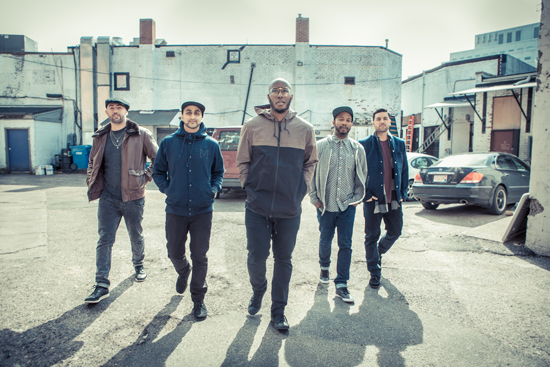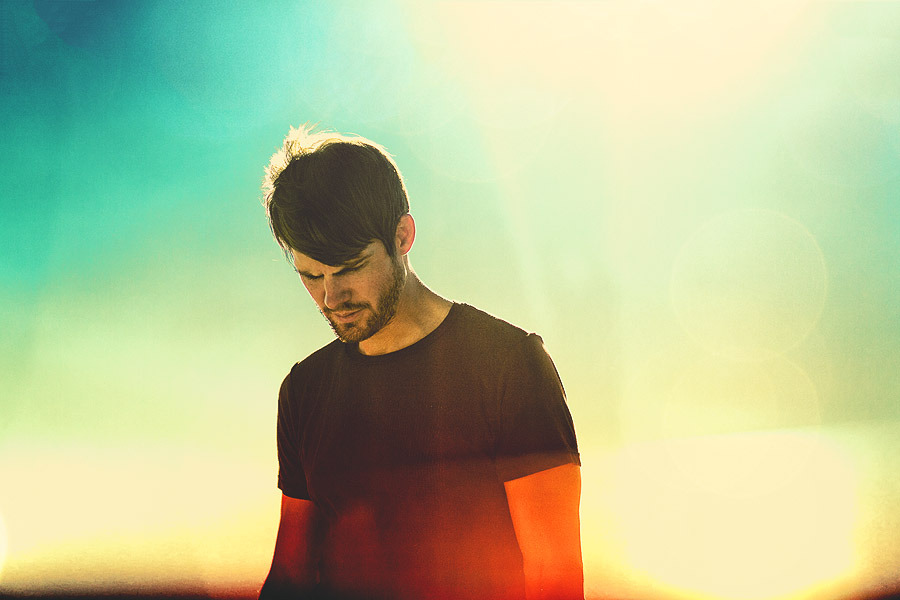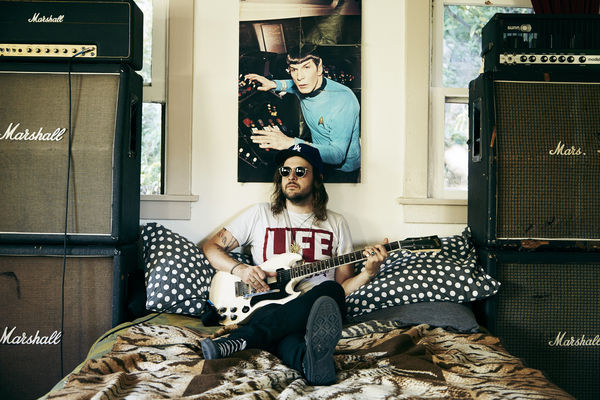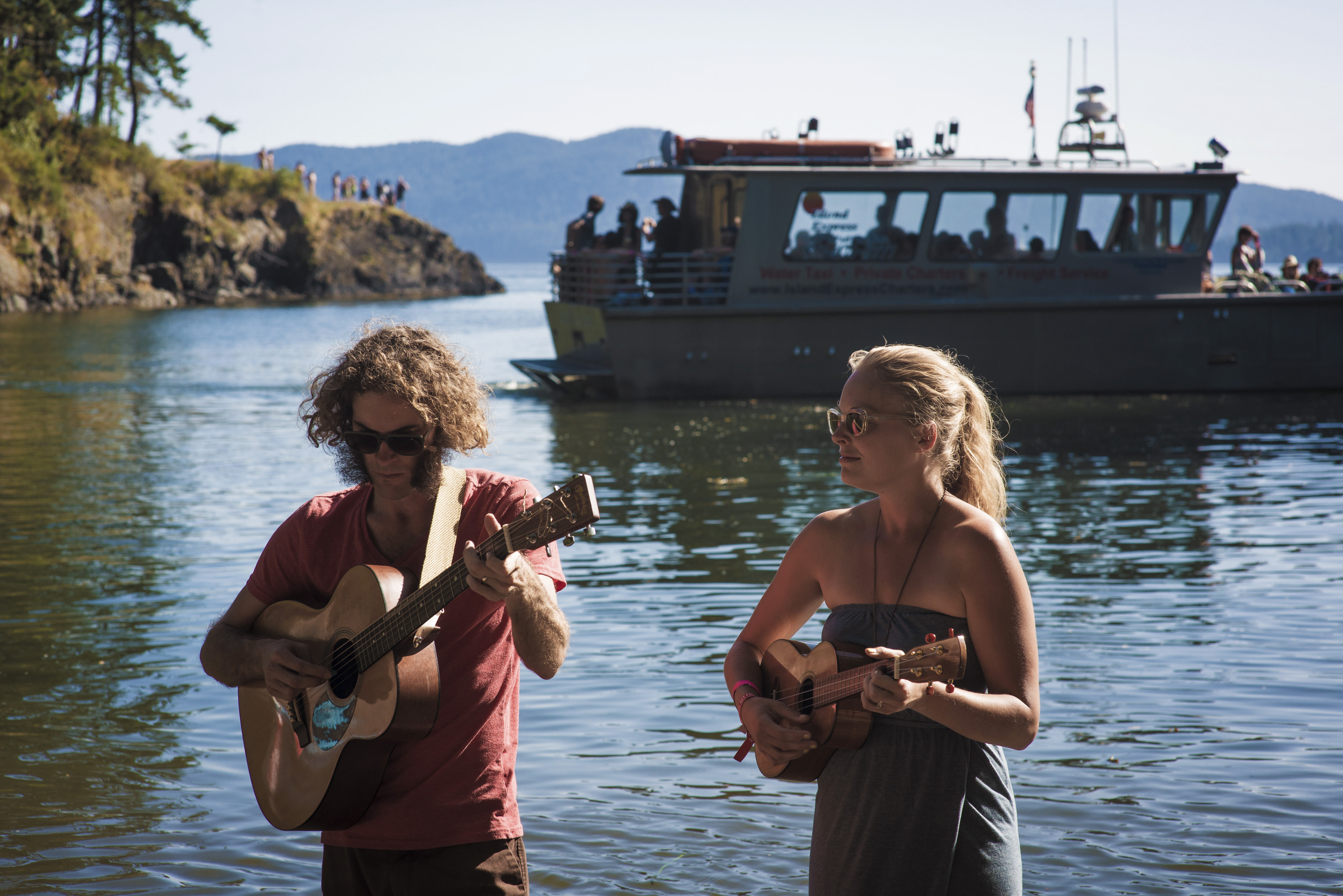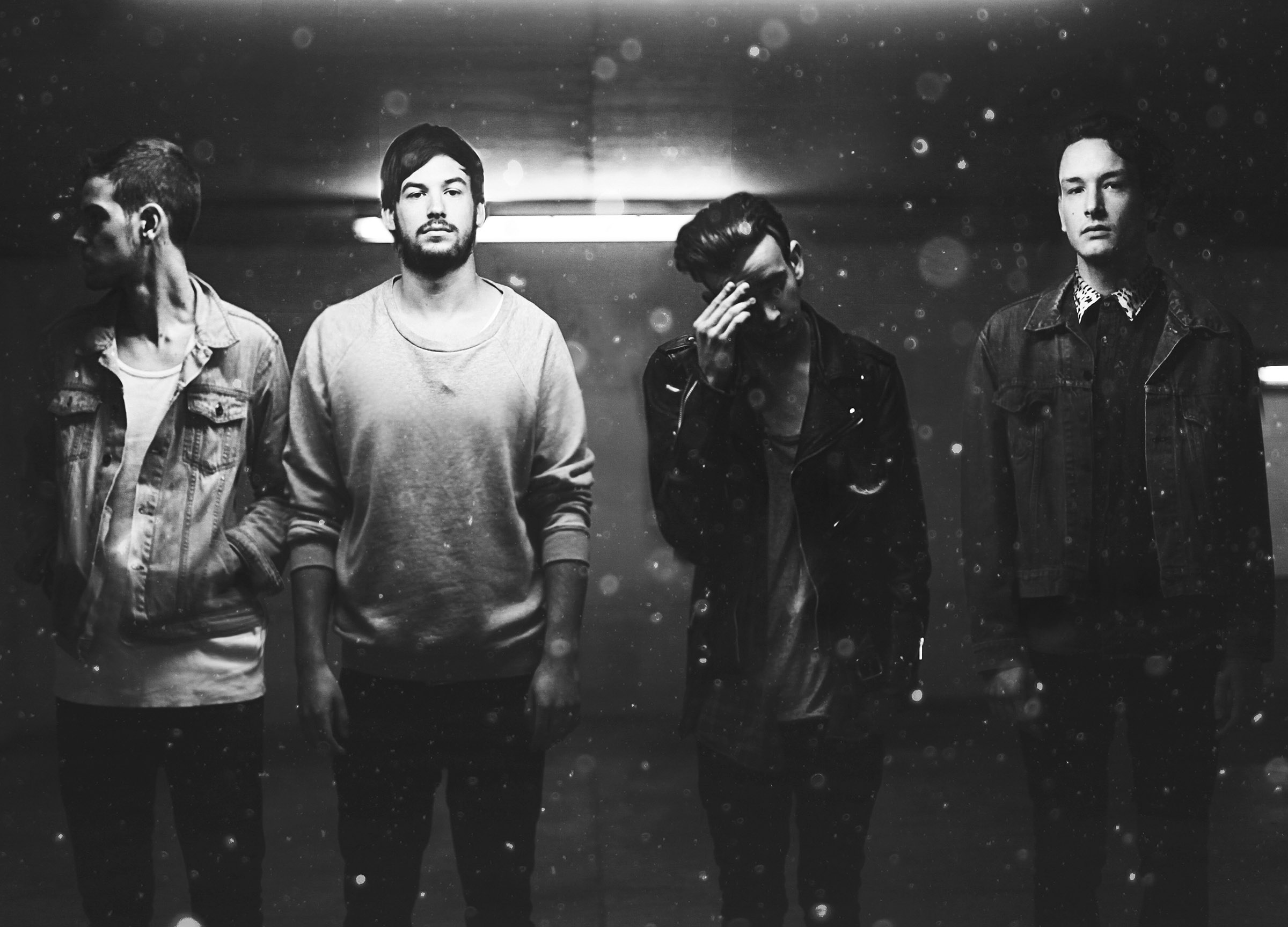There are two, equally correct, things you can do at a Bad Rabbits show—bust out your best dance moves, or mosh. The quintet spins groovy vocals and bass lines with heavier guitars and percussion to create something they call post-R&B. It’s a little funky, a little rocky, and a whole lot of fun to listen to. We chatted with guitarist Salim Akram about playing acoustically, performing in Boston, and recording with Teddy Riley (Michael Jackson, Bobby Brown). Bad Rabbits play with Air Dubai and Sahtyre at Chop Suey this Thursday (7/25).
How do you translate the energy of your music acoustically? I don’t know, we’re going to find out. [Onstage], a lot of the musicianship gets lost in the showmanship. Not saying that we aren’t musicians and people don’t notice that, but an acoustic setting gives people a whole different side of the band.
Absolutely. It’s just you and your instruments. It’s very minimalistic. Our band formed back in college with me, [drummer] Sheel Dave, and [singer] Fredua Boakye playing music with an acoustic guitar and a djembe and evolving into a better band that eventually became Bad Rabbits. It’s cool to have it come back full circle.
How have the first shows of the tour been? It’s really humbling to see people singing the words to our songs, going crazy. It’s always nerve-wracking when you go to a place for the first time as a headlining band. You always hope for people to turn out, but that’s not always the case. We’ve been fortunate the first few shows that people have shown up and shown their support for the band.
A majority of you are from the Boston area. Is Boston supportive of musicians? Our people have a lot of pride. Our music scene is incredibly awesome. You represent everybody in a way, and after all the stuff that’s happened recently, you can see how a city like Boston pulls itself together and represents so many different things. There’s definitely a giant sense of pride knowing that we come from Boston and having the city have our backs.
What’s something musicians can only experience in Boston? Boston’s the kind of city where if people are into you, they’ll show you and give you energy back. If they’re not, they don’t give a shit [laughs]. God forbid there’s a playoff game on during your set. We’re a tough city but once you get the love of Boston, it’s definitely awesome.
What’s the status of the music you recorded with producer Teddy Riley? We have plans to release it. When we started working on American Love, we didn’t feel the [Riley] songs were the right direction musically just yet. More importantly, we hadn’t developed much of a story to put out the Teddy Riley record yet, so we went back into the studio and linked up with producer Brad Lewis.
Did the band learn anything working with Riley that carried over to recording with Brad? There’s two very different styles of writing between them. Brad Lewis is an up-and-coming producer; Teddy Riley is a legend. It taught us how to work with people, focus on better songwriting, and take different approaches to make a song come to play. With Teddy Riley, the band stuff had to take a backseat to make room for the format we were performing in, which was more classic R&B. But on the American Love record, the band needed to have more of a story musically. When you hear the Teddy Riley record versus American Love, you can hear the versatility of the band showcased more.
You’ve covered The Dream, the Smashing Pumpkins, and Michael Jackson. Do those artists influence Bad Rabbits? Absolutely. Michael Jackson is pretty evident [laughs]. A lot of us grew up listening to R&B, funk, soul, our parent’s records. But we were also listening to the Smashing Pumpkins, Deftones, Glassjaw, and metal. While we didn’t have much content and were figuring out what to do next while recording the Teddy Riley stuff, we wanted to put something together that showed the band’s versatility. We also wanted to cover songs that are iconic.
Are you working on any new covers? At the moment, no. We’re focusing on writing new music. That’s the biggest thing, trying to stay current. The biggest mistake we made with [2009’s] Stick Up Kids was we didn’t have new music in the can right away. We plan for the worst and hope for the best. The worst being that nobody gave a shit about the EP, and it turns out the opposite [laughs]. Now we’re trying to keep our sound evolving and take it to the next step, write bigger and better songs. Hopefully our career will continue to flourish.
